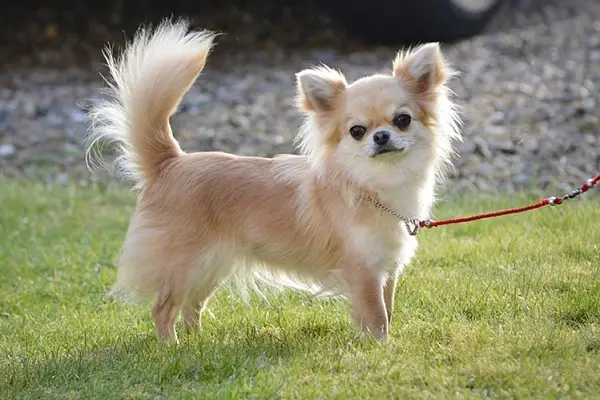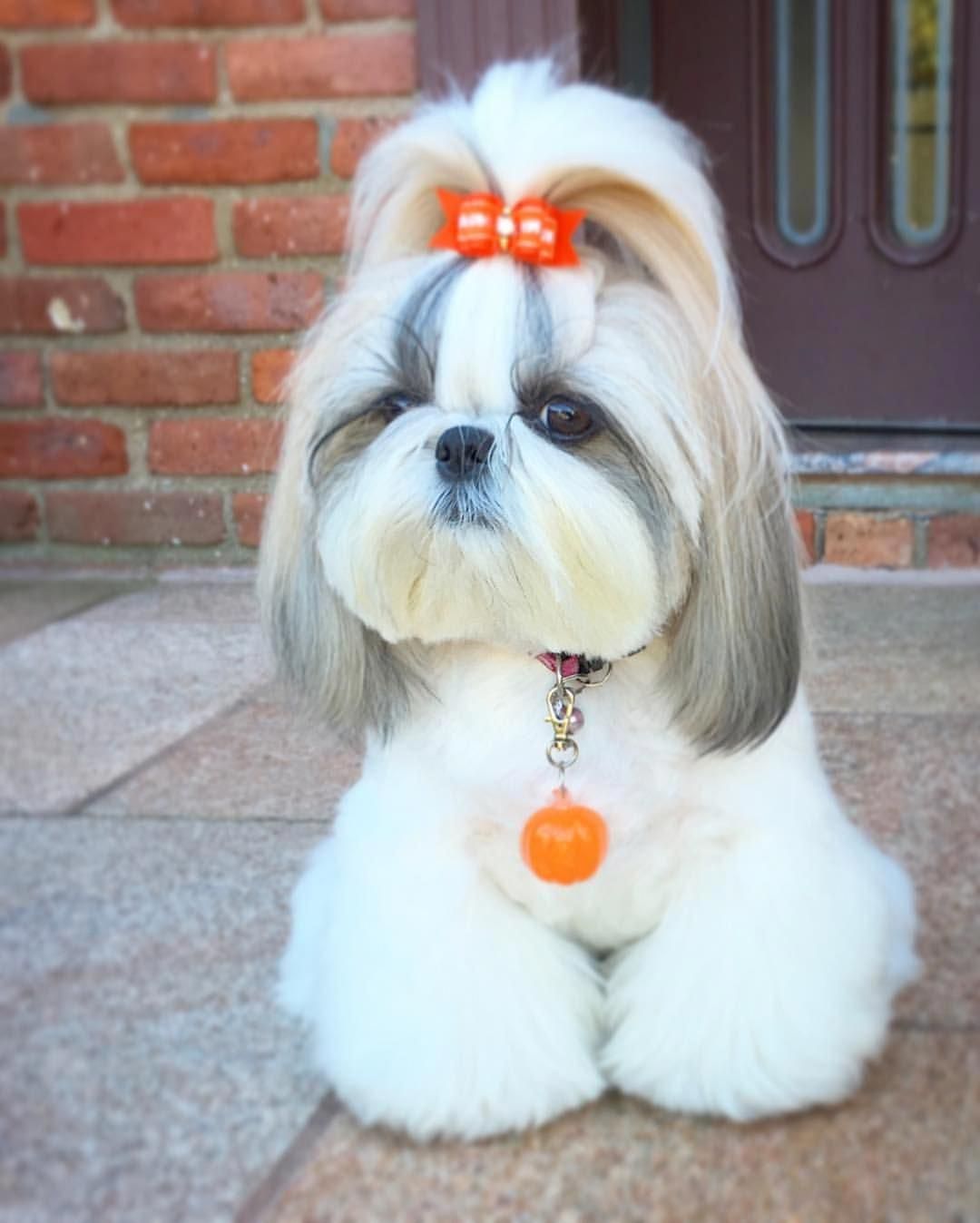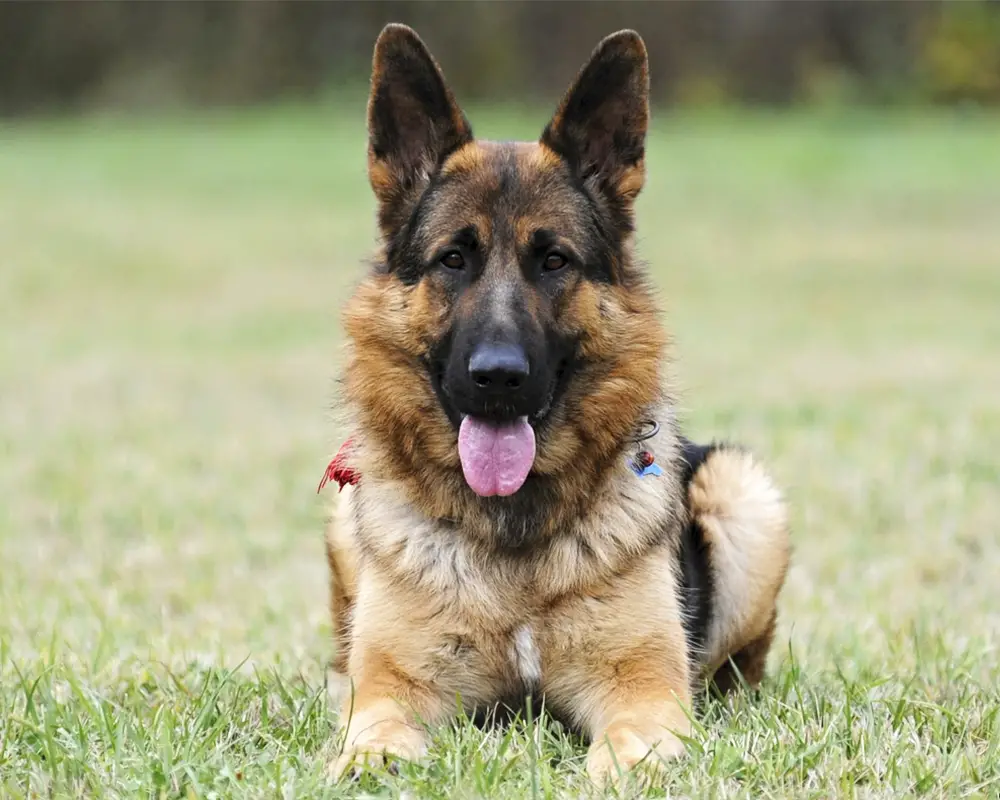Do you want to get a dog, but can’t decide on a specific breed? The size of the dog can be a deciding factor in your choice. Particularly important is the size of the dog – small, less than 6 kg in weight, or large, over 40. Because it will affect, and significantly, your daily life. The main thing is to understand which dog is easier to care for – small or large. After all, there are nuances and pitfalls, advantages and disadvantages here.
Caring for a small dog

How to determine the correct size for a small dog? After all, there is no such thing officially, there are only standards for different breeds. However, the unspoken rule is that a dog weighing less than 15 kg is small. However, if we compare, say, a Chihuahua and an animal weighing 15 kg, then the difference is simply enormous. Let’s define for convenience and consider a small dog weighing less than 6 kg, more than 60 cm tall at the withers.
The little dog is everywhere with you
Small dogs are excellent companions. They cheer the soul and cause a smile, it is always nice to have a sweet friend next to you, who raises the mood with just his appearance.
The small and lightweight dog fits into a women’s handbag, it can be carried everywhere – to a beauty salon, shop, cafe, and even to a pharmacy. You can even take your “miracle” with you to work in the office if the bosses do not mind. A large dog, unfortunately, will have to stay at home, you cannot take it with you to a restaurant, and even more so to a supermarket. They just won’t let you in.
Traveling on public transport with your baby won’t be a problem. With a large animal, they may not be allowed on a bus or trolleybus, and even more so – a fixed-route taxi. You will have to hire a special taxi for transporting animals, since not every driver will agree to carry a dog in a regular car. If there is no such service in your city, then you will need to beg friends or acquaintances who have their own vehicle to help you.
Small dogs take up less space
A small dog can live without disturbing you at all, even in the smallest apartment. In a small space, such an animal feels comfortable. In addition, domestic troubles and “catastrophes” with a representative of small breeds happen much less. This is not a St. Bernard who, simply waving his tail in a friendly manner, can easily knock off the dishes that you have set up for dinner off the table.
You can walk with a small dog nearby, even a very small yard will be enough for her. In addition, dealing with a small breed is much easier. If the dog is young and not yet very well-bred, then it will pull and tear the leash from its hands. Keeping a Chihuahua, lapdog, or Yorkshire Terrier, in this case, is much easier than a Doberman, Golden Retriever, or Rottweiler. A large dog can simply knock you off your feet for a walk, which can lead to very serious injuries – from ordinary bruises to serious fractures and even concussions.
Representatives of small breeds can arrange a toilet at home, teach them to use a tray.
The exception is hunting breeds. They always need a large walking area. For example, a Jack Russell Terrier, although a baby weighing about 6 kg, is not at all intended for life in a big city and a cramped apartment. He vitally needs space, since this zest, with his irrepressible energy, has a huge need for almost constant movement.
Small dogs live longer
Indeed, small dog breeds have a longer lifespan than large ones. Some record holders lived to be almost 30 years old! Lapdogs live on average 15 years, and chihuahuas even longer, up to 20 years old.
This is wonderful because a wonderful friend can accompany you for many years of your life, brighten up the gray everyday life, and delight you with your irrepressible dog’s enthusiasm. In addition, lapdogs and tiny Yorkies are noticeably more resistant to various diseases, they have very few genetic diseases, unlike representatives of large breeds.
The cost of keeping a small dog is much less
Yes, and this is another benefit, small dogs eat less. A pet weighing 5 kg will need about 280-300 g of feed per day – natural or wet. Whereas a 40 kg dog will need 5 times more of the same feed!
The costs for vaccines, medications, shampoos, etc. will also not be as large as for a large dog.
Haircare

And here, of course, there is a catch. The fact is that many breeds of small dogs have thick and long hair. Of course, having a fuzzy at home is great, but imagine how much fuss it will take! In addition, wool is constantly scattered throughout the home, remains on clothes, beds, carpets, etc.
Every day you have to carefully comb out your lapdog, Yorkie, Shih Tzu, Lhasa, Pekingese, etc. Get rid of tangles, carefully monitor the skin, apply good cosmetics. Not only wash with shampoo but also apply balm. Use various additional products – special powders, bleaches, combing enhancers. Constantly buy all kinds of combs, slickers, which so easily deteriorate.
In addition, during a walk, a small long-haired dog collects so much dirt on itself … In winter, the baby freezes more than any representative of large breeds. Therefore, she needs special protective clothing – overalls, T-shirts, and boots will not interfere. However, you can sew clothes for the dog yourself.
Such small kittens need professional hair care, haircut, which, by the way, costs a lot of money. In fact, you can learn to cut your pet pretty well on your own, if you do not seek to participate in exhibitions.
Among the small breeds, there are also hairless Chinese crested and Mexican bald ones. And the pug or chihuahua, for example, are not so pretentious in grooming their hair.
Imagine for a moment that you are trying to collect ticks from, say, … an Afghan hound. Yes, the dog is large with long and beautiful hair. You will need much more effort and time than caring for the same lapdog or Shih Tsu.
Brushing, for example, a St. Bernard or a fluffy German Shepherd is no less problematic than a Yorkshire terrier. After all, the volume of the body, you know, is quite big.
So, both small and large breeds can be said to be equal in terms of daily grooming. And here there are no advantages that could give a head start to representatives of large or small breeds.
Small dogs are not at all athletic
If you like morning jogging or cycling, then a small dog, especially a short-legged breed, is unlikely to be able to keep you company. Kids get tired quickly, they have to be picked up or at least put in a backpack. However, if you agree to carry an extra weight of 5 kg behind your shoulders while jogging, it is a completely different matter.
However, with a small size pet, you can do special sports training – agility. This is a kind of sport with a dog, which must overcome a special obstacle course at a certain time. In this case, the owner will also have to actively move on the site.
Small dogs are too loud and bark often
Yes, this is true, any baby has a shrill voice that can cause serious inconvenience to neighbors. A tiny toy terrier can make your life simply unbearable because of the constant barking on the verge of ultrasound, which is simply deafening.
Barking for small dogs is a way to protect themselves, so the main thing here is to work with the dog’s fears. For toddlers, even the sight of a large bag can cause panic, not to mention strangers, large spaces, etc. They can be intimidated by any object that is larger than their size.
The nervous system of small dogs is more unstable than that of large ones. Toddlers are often more prone to restless behavior than large dogs.
But even big dogs can bark for hours, staying alone at home. Therefore, not even the size of the pet is important here, but its upbringing. It should be noted that both a large animal and a representative of a small breed equally need training.
The dog should make the owner’s life better, not complicate it. And this applies to any breed, regardless of size.
The too-small dog is bad
In pursuit of profit, some breeders deliberately try to reduce the size of miniature breeds. These “experimental” dogs, unfortunately, suffer from many diseases. For example, such super popular mini Chihuahuas, the size of a teacup, suffer from headaches and vision problems. It’s just that the brain does not fit in a tiny skull.
Such a crumb is not even able to overcome the sidewalk curb without assistance. Above it, you need to literally “shake” constantly, no matter how something happens. She will have problems with digestion, she will need special food. Epileptic seizures may occur. In other words, normal life for such a dog, alas, is far from guaranteed.
Therefore, you should not get such a super-baby. She will not live long, requiring constant great attention.
Benefits of small dogs
Let’s summarize and recall the benefits of small dogs, which will allow the owner to spend less time and effort on their care:
- Less space required;
- Food and routine care costs are much lower;
- You can take it with you everywhere;
- Traveling by public transport will not cause problems;
- You don’t need to walk far with her;
- You can not walk often, teach to use the tray;
- Small dogs live longer, are more resistant to genetic diseases.
Big Dog Care

Big dog – big problems? This is completely wrong because a large animal also has its own advantages that are not available to the owner of a small dog.
Full security
This outweighs almost all the disadvantages of large dog breeds. They are excellent defenders, you can choose a guard breed, be well trained and not worry about your safety or your child. By only one conventional sign or word, the dog “turns on” in the defense mode, and woe to the offenders …
However, it will cost a lot of effort and money. Because a good trainer is an expensive service.
It should be noted that the large size of the dog does not mean that it will certainly be able to protect you. Sometimes, even among the large and scary-looking ones, there are timid and delicate individuals or breeds that are initially aimed at a kind attitude towards people. However, the big dog always inspires at least respect.
Big dogs are calmer
Indeed, large dogs generally have a balanced psyche and a calm disposition. In the event that a small dog barks in vain hysterically, a large dog will not even lead an ear.
Such a dog is much more convenient to train since extraneous stimuli distract it less. A large animal tends to better assimilate the exercises and obey the owner well.
It is a reliable, friendly, and loyal companion.
Training
For a large dog, training is required. Nobody, even the most trained heavyweight athlete, can keep a dog weighing 80 kg on a leash. Therefore, for a large individual, education should be the most serious. Such an animal must obey you unquestioningly. It costs a lot of effort and time. After all, the trainer can only show you techniques, but you will have to practice them yourself.
However, it is also a great pleasure to see and feel how such a massive animal obeys you and fulfills all your requirements. You become a mentor and best friend, and it is worth all the effort, believe me.
A big dog can live in the yard
German Shepherd, Rottweiler, Caucasian Shepherd, Alabai can live perfectly in a good booth or aviary in the yard. They tolerate cold weather well, love space and the opportunity to be outdoors.
They are great guards for the house and yard. They will never let a stranger in. Most guard breeds are capable of making independent decisions. Balanced and quite capable of controlling the situation that has arisen. Unlike their small brothers.
A large dog, of course, needs space. Therefore, both the yard and the booth should be large. If you start a large breed in an apartment, then the rooms should be appropriate, and the place for the animal, and the possibility of walking.
By the way, dogs of huge size are very difficult to master climbing stairs, especially at a young age. Therefore, such an animal must be kept either on the ground floor or in a building with an elevator.
Walking with a big dog is a pleasure
Big dogs are wonderful walking companions. If you like to walk for a long time and a lot, this is your everything. The big dog will be your faithful companion, a wonderful companion, spending time with which outdoors will bring great pleasure to the whole family.
The only warning is that the child should not be allowed to go for a walk with a large dog. Especially a young and poorly educated individual. A large dog can easily pull out the leash from his fragile hands and run away, throw the owner in the mud, accidentally injure himself.
Do you like sports? Choose a big pet!
Daily jogging will be an unforgettable pleasure for you next to a large breed pet. You can choose a hunting breed that needs constant movement, such as the Afghan Hound. These dogs are great for cycling, but remember that the animal can get tired, do not overexert it. Subsequently, this will adversely affect his health.
You should be aware that too large breeds, such as St. Bernards, mastiffs, with a massive physique, too active exercises are prohibited. You need to take care of the joints because the load on them will be excessive.
With a large pet, various dog sports are quite available. This is not only agility but canicross, for example. This kind of sport, when a dog at speed pulls a person forward in the snow on skis or over rough terrain.
Dogs of medium and large build are especially fond of the flyball – a type of competition when you need to catch a plastic plate flying out of a special machine.
So there is a wide variety of outdoor activities. And they are much nicer than on the sofa with the TV.
Benefits of big breed dogs
Large breeds have many wonderful benefits that might be too difficult to list here. After all, each of the breeds has its own wonderful qualities. Nevertheless, let’s try to summarize.
- Big breeds are wonderful guards for the whole family and home;
- They are calm and level-headed;
- A big dog can be kept in the yard;
- You can walk with a big dog for a long time.
- It’s so great to play sports with a big dog.
So who do you choose – a big dog or a small one?
It depends not only on your desire. Rather, from life circumstances and opportunities. First of all, think about whether your pet will feel good in your home. Will you be able to devote enough time and energy to him. Are there adequate financial resources for the next 10 years at least? Are you capable of unconditional love when your pet does something that you don’t like at all?
Of course, this article has not been able to capture all the wonderful benefits of both small and large dog breeds. So add in the comments what you think are the best qualities that we may have missed.

